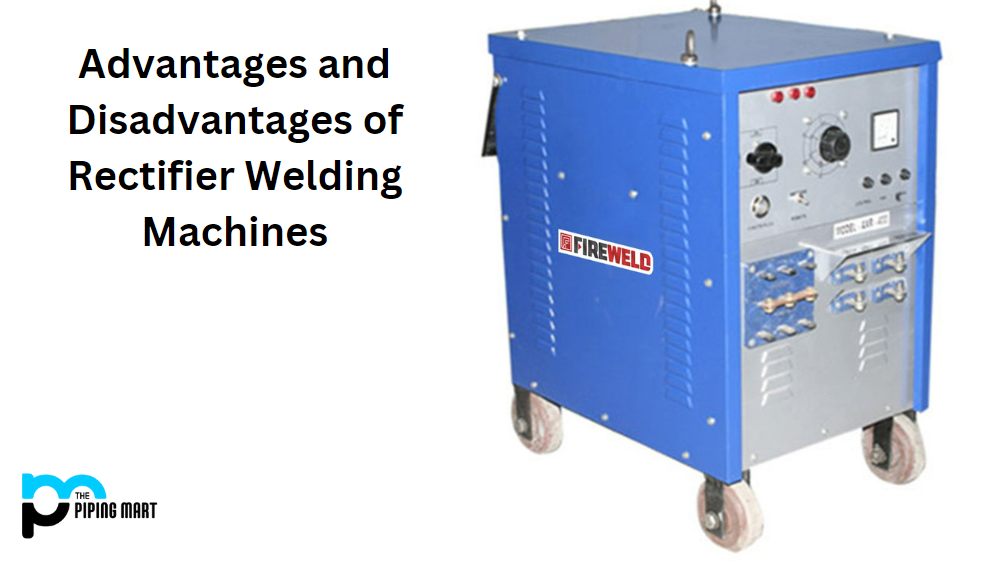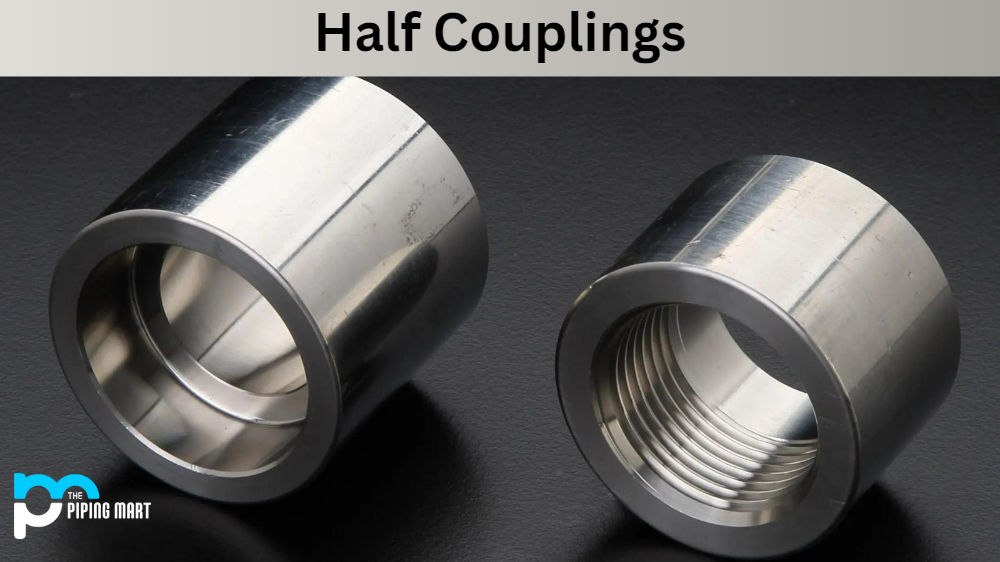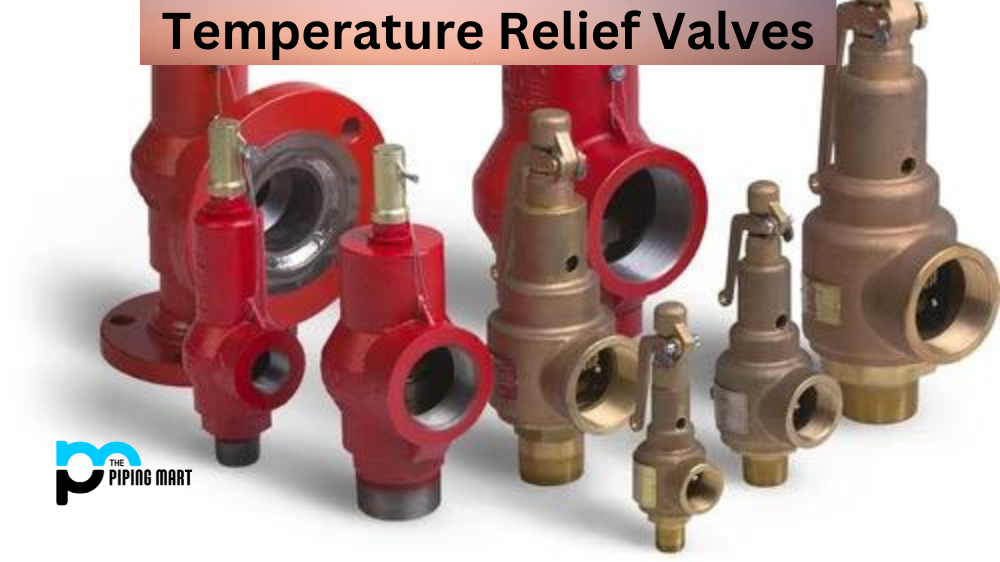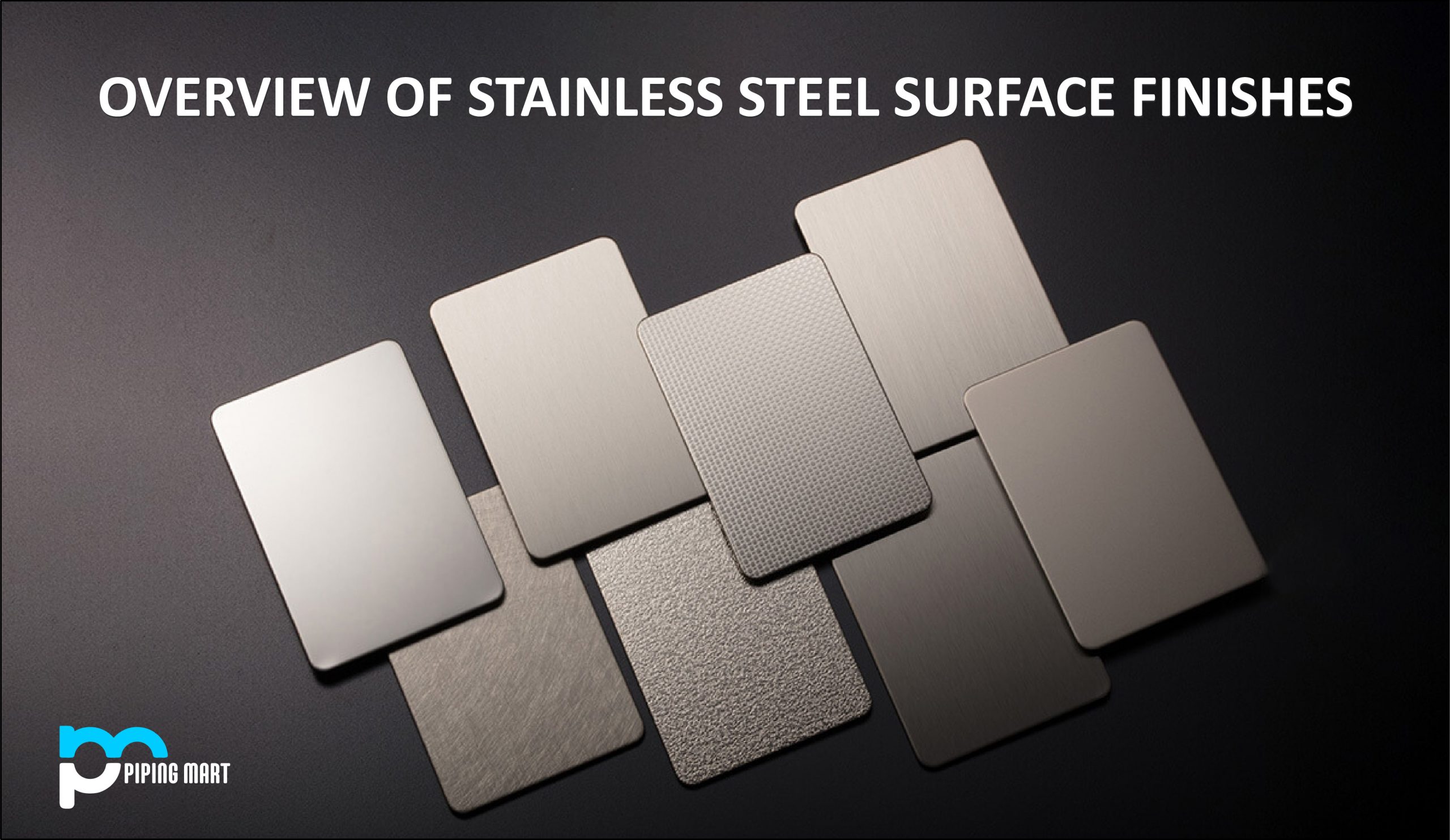Rectifier welding machines are a type of power source used for welding and metalworking processes. They offer many advantages over alternative welding power sources, but they also have some drawbacks that should be considered before investing in a machine. Let’s look at some of the pros and cons associated with rectifier welding machines so that you can make an informed decision about whether or not this type of machine is right for your business.
Advantages of Rectifier Welding Machine
The primary advantage of using a rectifier welding machine is its versatility. This machine can create multiple types of welds, from traditional arc welds to more specialized processes like inert tungsten gas (TIG) welding or plasma cutting. The flexibility offered by these machines makes them ideal for busy shops that need to handle multiple tasks with one piece of equipment. Additionally, since rectifier welding machines do not rely on electricity to produce their heat source, they are extremely energy-efficient compared to other power sources. This makes them cost-effective in the long run, especially in industrial settings where electricity costs can add up quickly.
Another major benefit of rectifier welding machines is their portability; because they use an alternating current (AC), they do not require an external generator or other complicated setup procedures – all you need is a plug, and you’re ready to go! This makes it easy to move the machine around your shop as needed without having to worry about cumbersome wires or bulky generators getting in the way.
Greater Efficiency
Rectifier welding machines are more efficient than traditional welding machines, as they can convert AC current into DC current. This means less energy is lost during welding, resulting in a higher-quality weld. Additionally, rectifier welding machines can weld at higher speeds than traditional welding machines, saving time and money.
More Precise
Rectifier welding machines are also more precise than traditional welding machines. This is because the DC current produced by a rectifier welding machine is more stable than the AC current produced by a traditional welding machine. As a result, rectifier welding machines are less likely to produce welds of poor quality or defects.
Increased Safety
Another advantage of rectifier welding machines is that they are much safer than traditional welding machines. This is because the DC current produced by a rectifier welding machine is not as likely to cause an electrical shock as the AC current produced by a traditional welding machine. Additionally, rectifier welding machines typically have safety features that prevent them from being used in hazardous environments.
More Affordable
Rectifier welding machines are also more affordable than traditional welding machines. This is because they are typically more energy-efficient and require less maintenance than traditional welding machines. Additionally, rectifier welding machines often come with a warranty, which can save money in the long run.
Easy to Use
Another advantage of rectifier welding machines is that they are very easy to use. This is because most models come with an easy-to-use interface that makes it simple to set up and operate the machine. Additionally, many rectifier welding machines have various safety features that make them safe for even inexperienced users.
Disadvantages of Rectifier Welding Machine
One downside to using a rectifier welding machine is that it requires a very specific type of power source – namely AC current – which may not be available everywhere, depending on your location and current setup. Additionally, because these machines rely on AC current instead of direct current (DC), they are slightly less efficient than DC-powered welders in producing consistent results with each welding job. Also, remember that these machines are more expensive than alternatives because they require more specialized parts and components than other welders.
High Operating Costs
One of the primary disadvantages of rectifier welding machines is that they have high operating costs. This is because rectifier welding machines use a great deal of electricity, which can increase your energy bills. Additionally, rectifier welding machines typically require more maintenance than other welding machines, which can also add to their operating costs.
Limited Applications
Rectifier welding machines are also limited in terms of their applications. This is because rectifier welding machines are only suitable for welding ferrous metals, such as iron and steel. If you need to weld non-ferrous metals, such as aluminium or copper, you will need to use a different type of welding machine.
Requires Specialized Training
Another disadvantage of rectifier welding machines is that they require specialized training to operate. This is because rectifier welding machines use complex electrical systems that can be dangerous if not used properly. As a result, it is important to ensure that you receive proper training before attempting to use a rectifier welding machine.
Emits harmful fumes
Another downside of using a rectifier welder is that it emits harmful fumes. These fumes can be dangerous to your health if you are exposed to them for extended periods of time. It is essential to ensure that you are working in a well-ventilated area when using a rectifier welder to minimize exposure to these harmful fumes.
Can be noisy
Rectifier welders can also be quite noisy, which can be disruptive if you are working in close proximity to other people.
Conclusion:
For metalworking professionals who need a versatile, portable option for their shop, rectifier welding machines are worth considering. While some drawbacks are associated with this type of machine – such as requiring access to AC current and having higher initial costs – the advantages far outweigh any potential negatives when choosing a reliable power source for your business needs! Investing in one could offer significant cost savings in the long run while also ensuring that your shop has access to multiple types of welds without having to purchase additional machines or setups. If you’re looking for an efficient, reliable solution that won’t break the bank, rectifier welding could be just what you need!

A passionate metal industry expert and blogger. With over 5 years of experience in the field, Palak brings a wealth of knowledge and insight to her writing. Whether discussing the latest trends in the metal industry or sharing tips, she is dedicated to helping others succeed in the metal industry.




